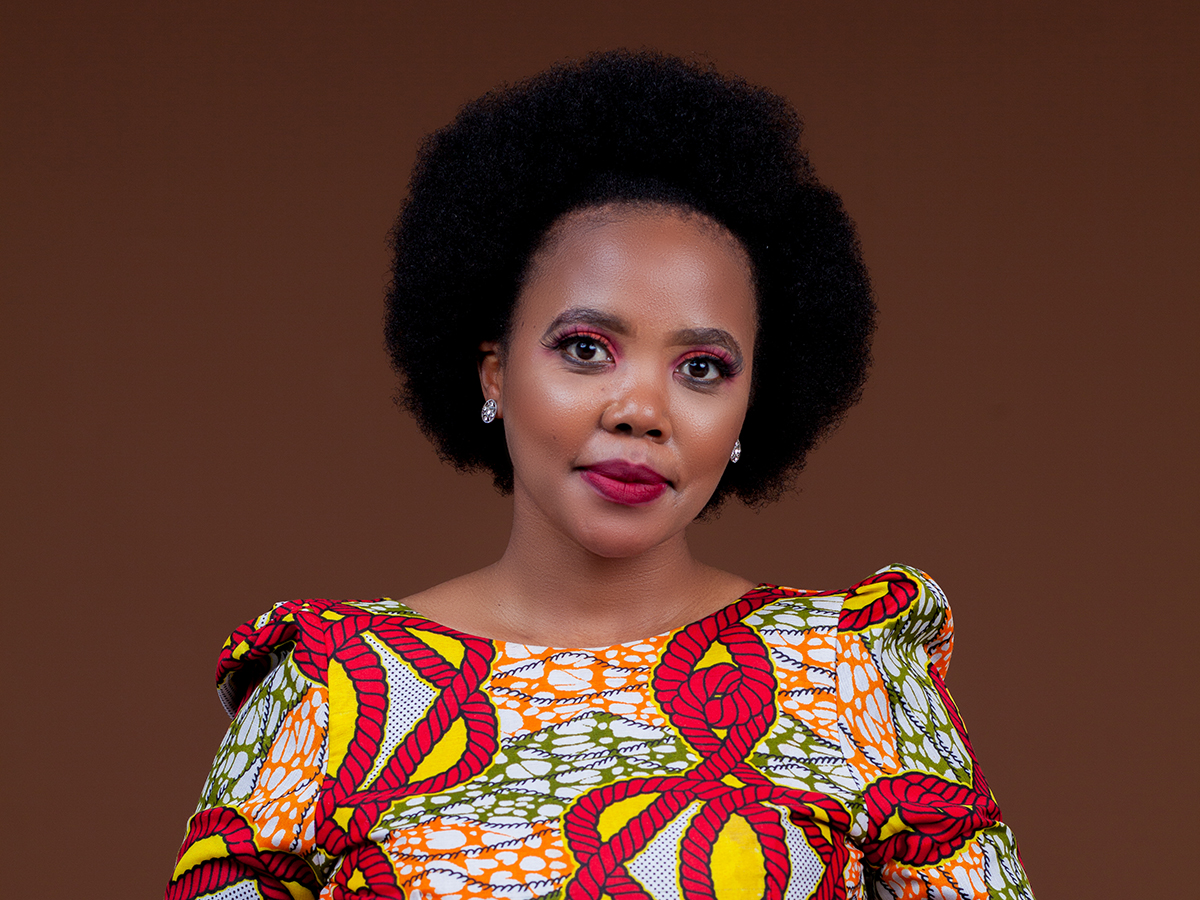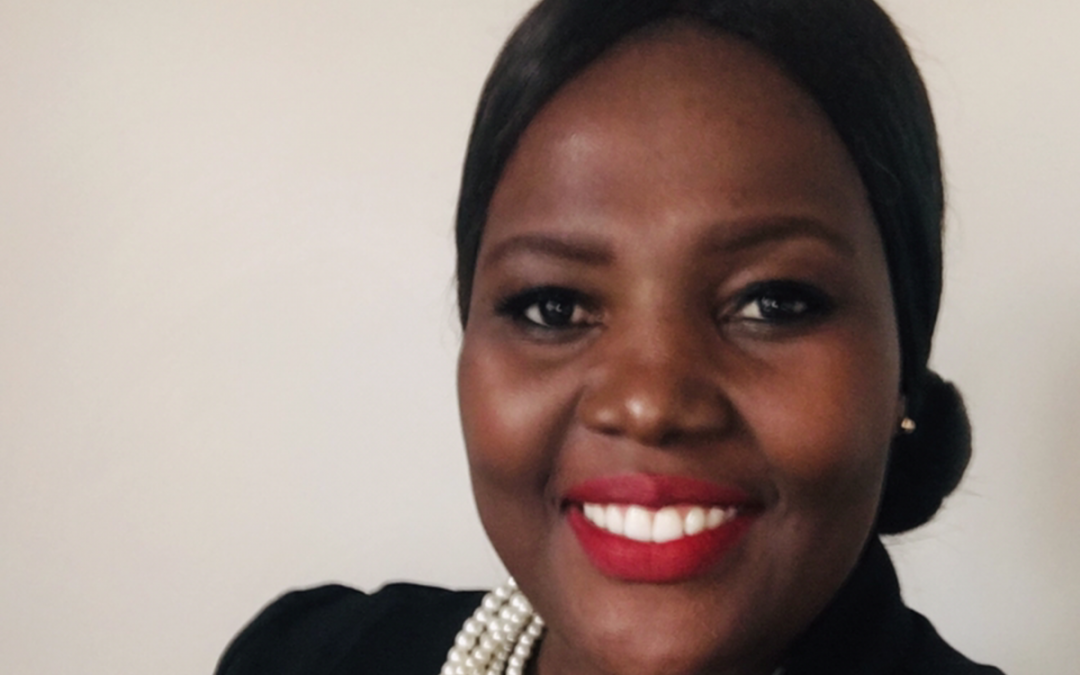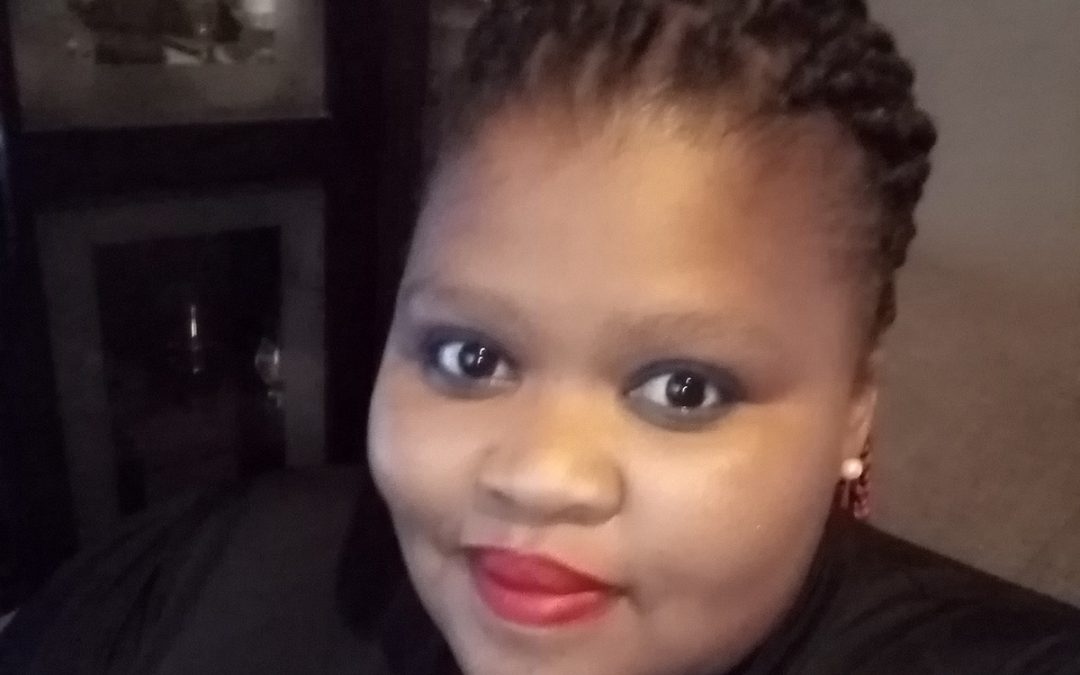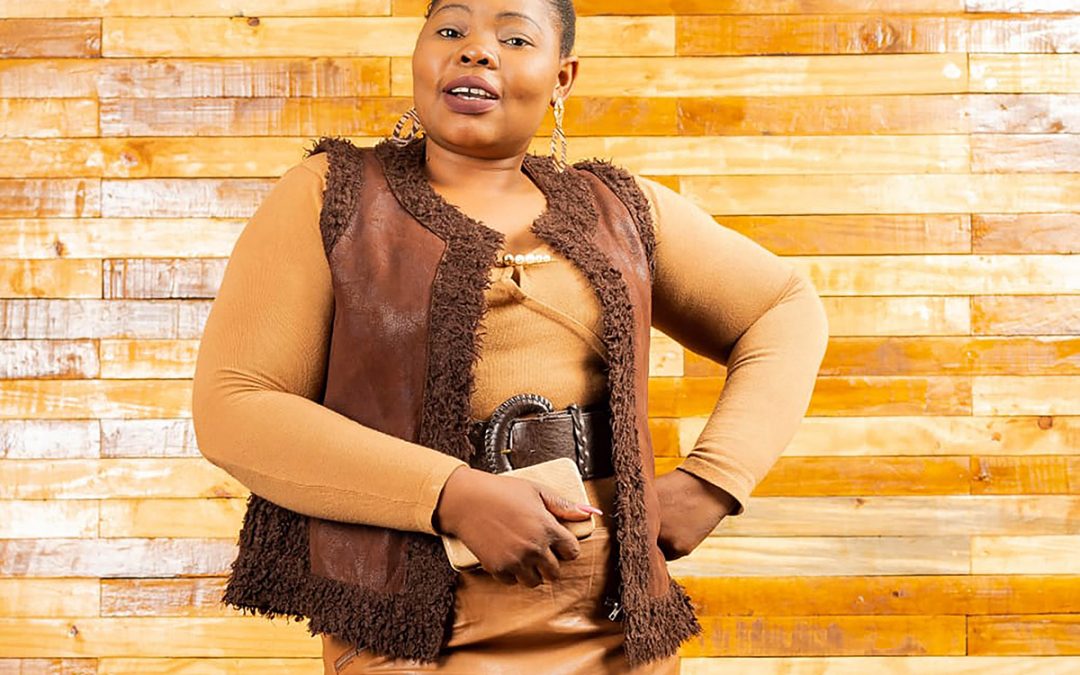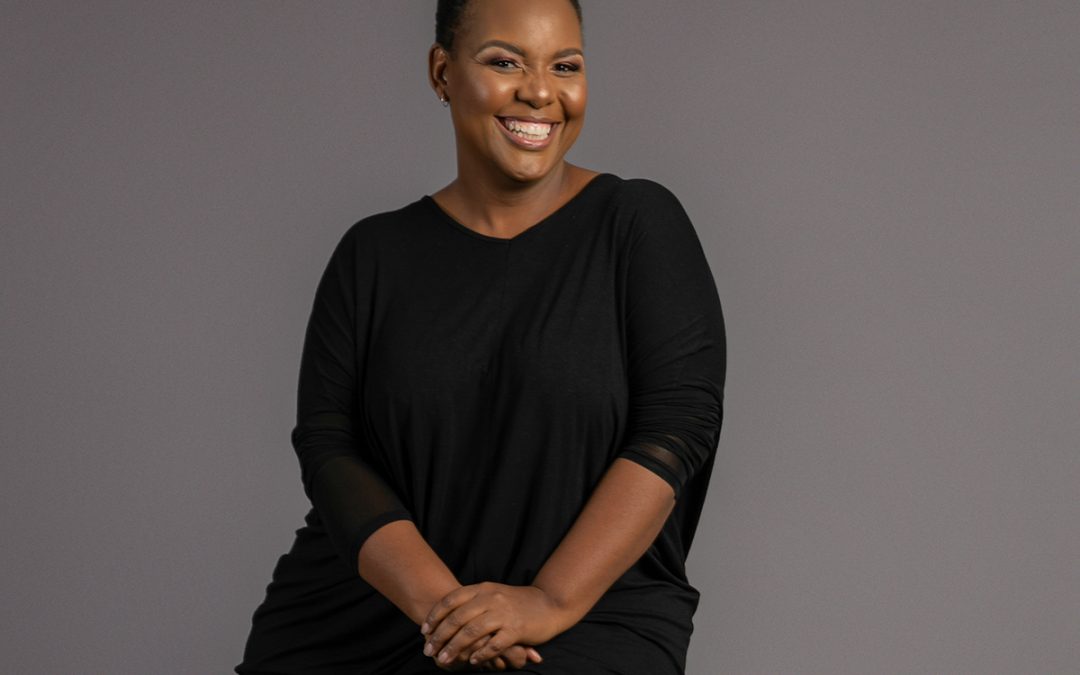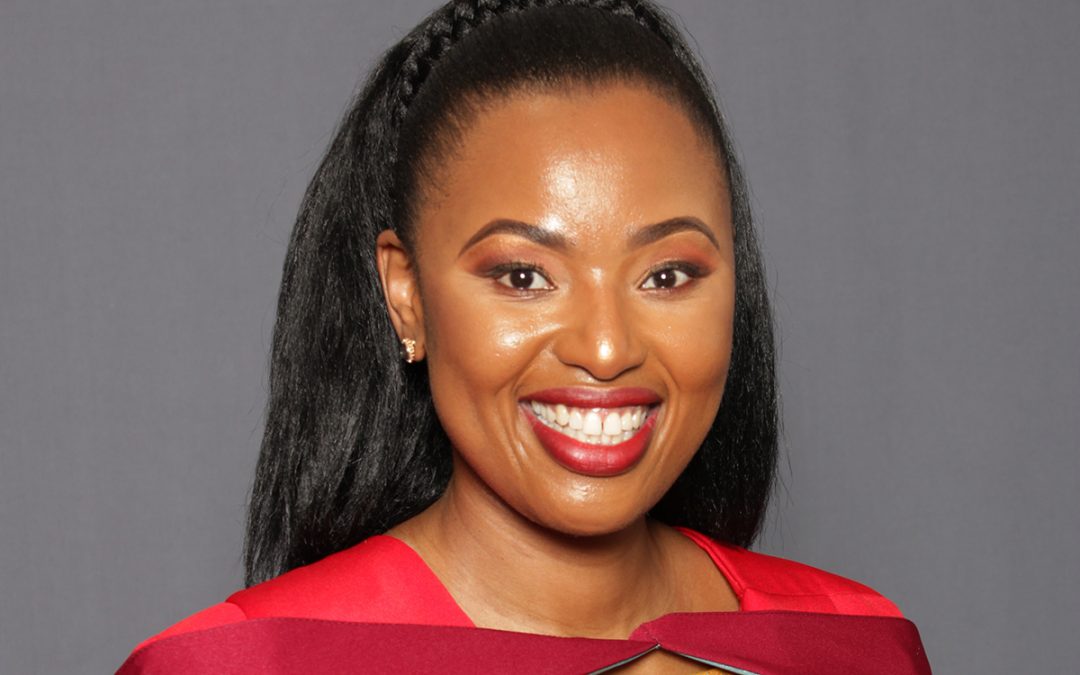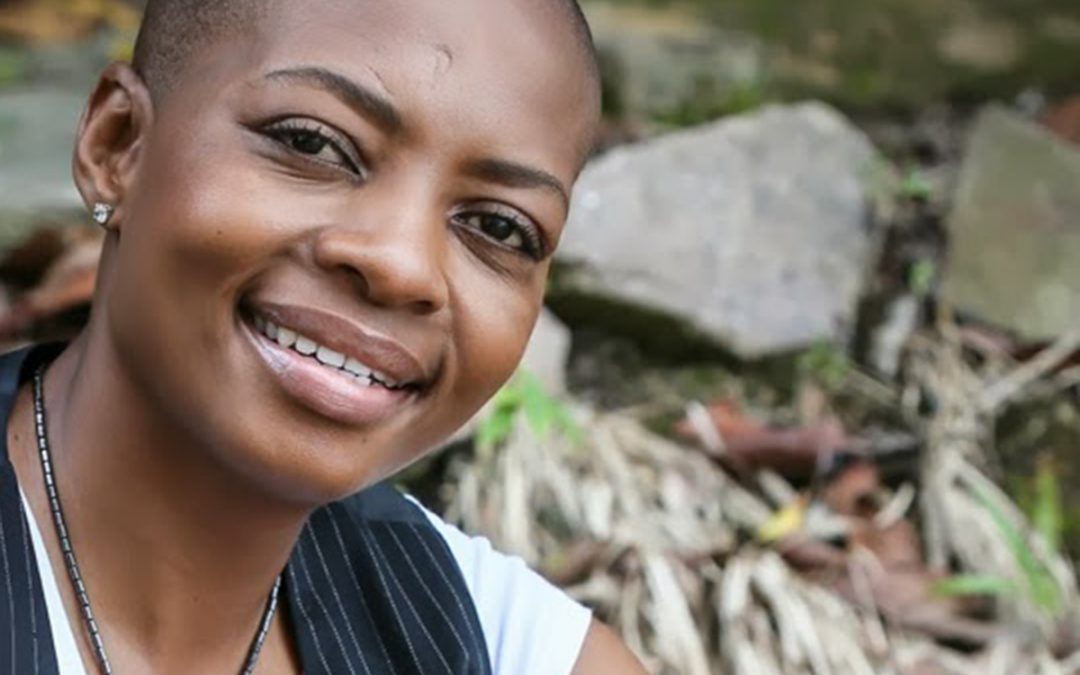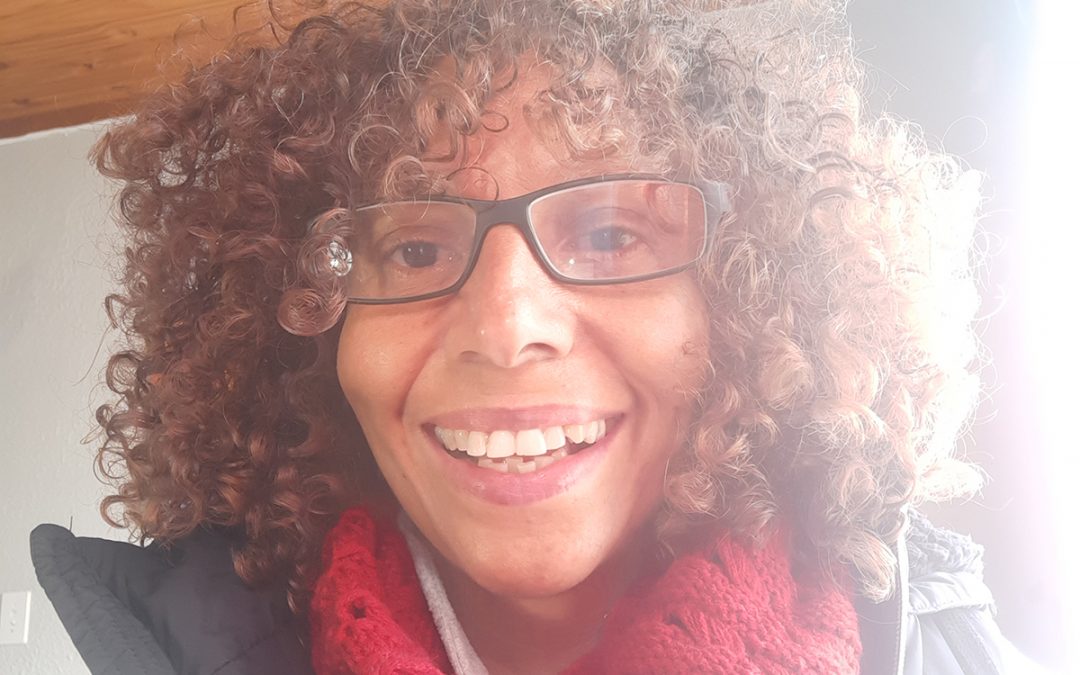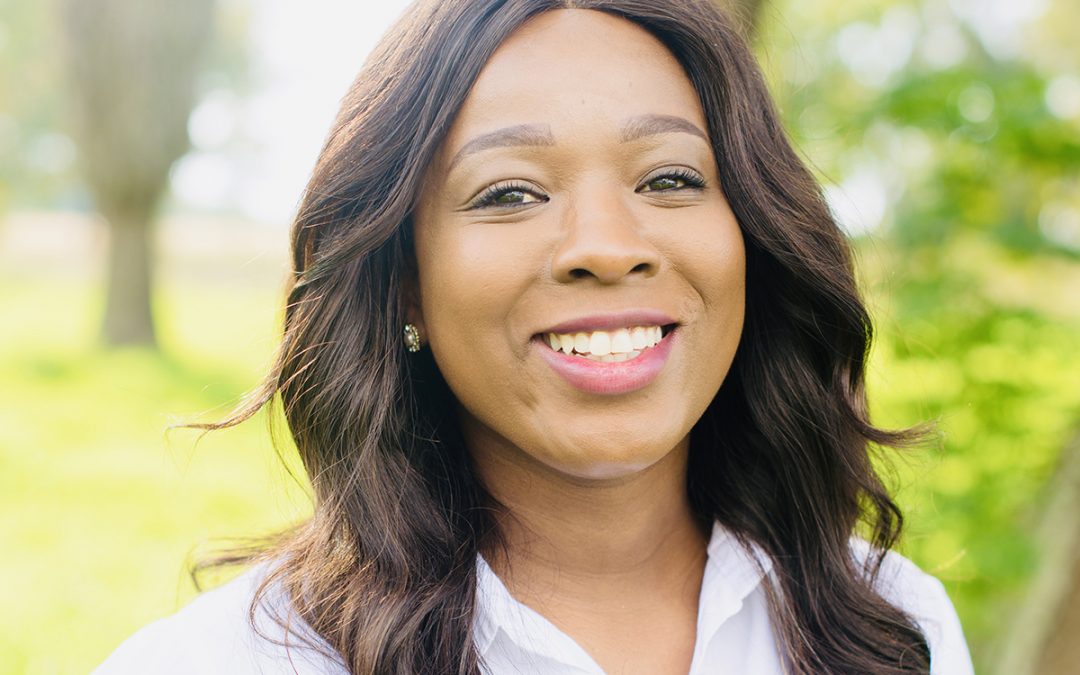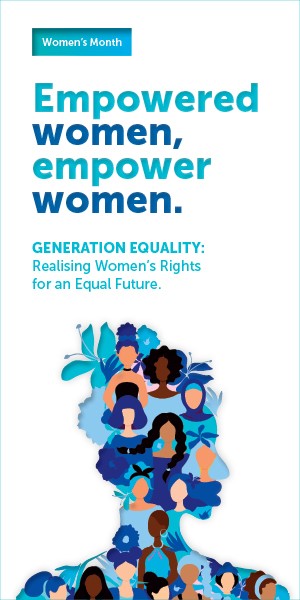Fundiswa Ndlela is the Alfred Nzo District Development Initiative project manager for Oxfam South Africa. She is a women’s rights and gender justice activist and a 2020 graduate from the Thabo Mbeki African Leadership Academy.
After working in Pretoria at Statistics South Africa for three years, Ndlela returned to the Eastern Cape and soon became the co-ordinator for Vulamasango Singene, a land restitution campaign. “It was initially a single-issue campaign that sought to pressurise the government to reopen land restitution claims. Vulamasango Singene claimed victory when the Restitution of Land Rights Amendment Bill was passed in March 2014, which allows a five-year window in which further land claims can be lodged,” she says.
After the campaign, she remained active in civil society and thereafter joined Oxfam South Africa, where she has worked since 2018. Ndlela has also worked for the Eastern Cape provincial government’s treasury in the capital, Bisho. “I have fond memories of that, because my dad and I would often go through local newspapers and talk about current affairs. We came across a bursary advert for the treasury position and I grabbed the opportunity. The rest is history,” she says.
The high points in her career have shown her the impact she can have on the lives of women and young girls. These were preceded by low points, though, and for Ndlela, the timeline of her journey has affirmed her commitment to activism. “The lowest moment in my career was when I moved back home from Pretoria. I thought: ‘there go my ambitions and goals’. I was going back home to be unemployed, but that turned out to be my moment of strength as I joined and led Vulamasango Singene,” Ndlela says.
Her work at Oxfam focuses on rural democracy and women’s rights as a means of alleviating poverty in the Alfred Nzo Municipality, one of the poorest districts in the Eastern Cape. “Gender inequality and denying women’s rights are key drivers of poverty and they’re more detrimental in societies of low economic status, like South Africa, like Alfred Nzo; and women and girls form the majority of those living in poverty,” the project manager says.
This Women’s Month, Ndlela wants to see women, young people and children being prioritised for social protection measures. She emphasises that this work must continue after August, to lend influence at the decision-making level.
She has plans to start her own Nongqawuse youth academy. Nongqawuse was a young Xhosa woman in the mid-19th century, and a narrative has developed that her prophecies led to the Xhosa cattle-killing. “History has not been kind to Nongqawuse. She suffered humiliation and other violations from her oppressors,” she says.
Nongqawuse provides historical parallels of denying women’s rights and disenfranchisement with the lived experiences of South African women today, and the academy is also an act of reclamation. “It’s a skills development academy that also aims to equip young people with the necessary skills to adapt and respond to the evolving world out there,” Ndlela says.
My work in rural democracy and women’s rights inspires and heals me at the same time because it’s something I believe in.

